Marshmallow Peep Control - How To Get Rid Of Peeps In The Garden
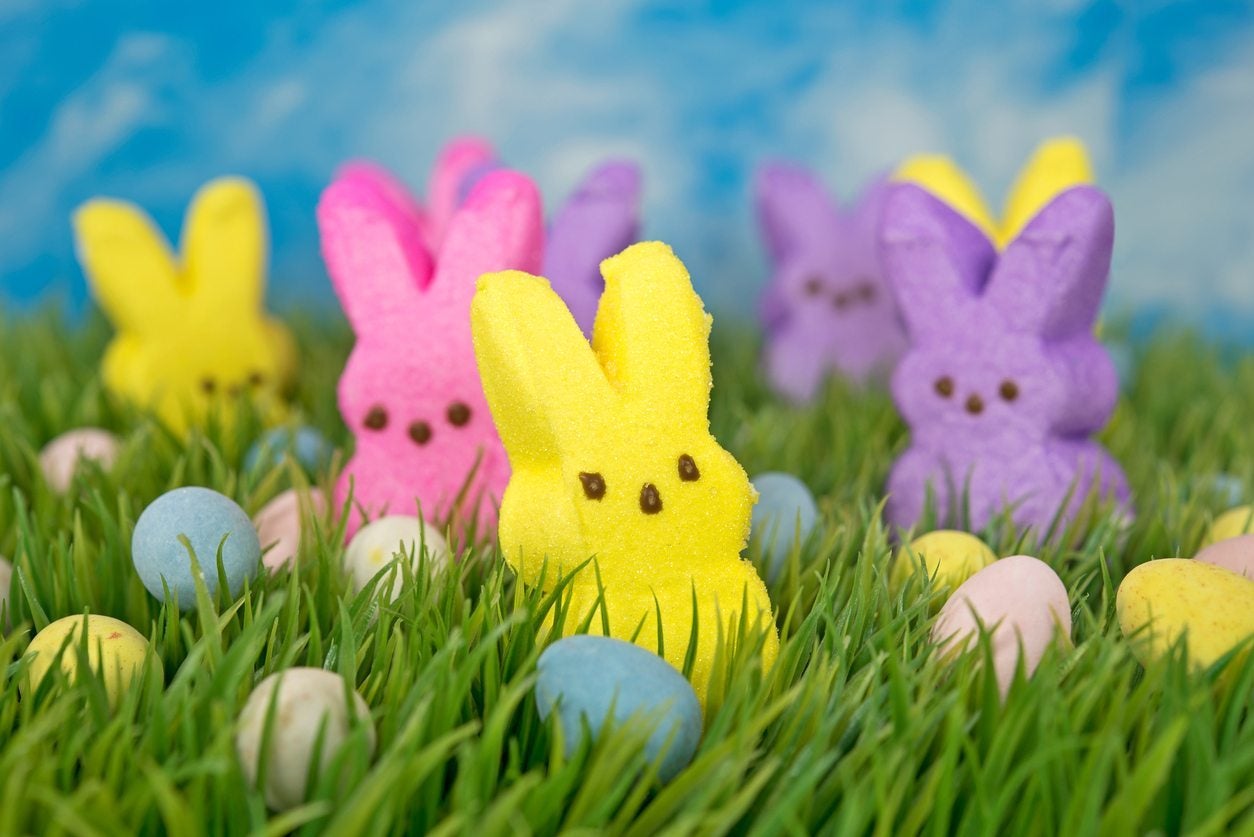

Easter has arrived and with it means the return of those pesky marshmallow peeps. While peeps in the garden may not pose a problem for some people, many of us simply don’t appreciate it when the gooey, creeping menaces take over our beautiful Easter grass and garden areas. Read on to find out how to get rid of peeps before they become difficult.
About Marshmallow Peeps
Yes, they may be cute and fluffy, but these sugar coated chick- and bunny-shaped marshmallows can quickly flock the lawn and garden in no time. The good news is that marshmallow peeps are easy to manage if you know what attracts them and catch the little critters early. There are different types of peeps but most fall into one of two categories: chicks or bunnies. So how do you tell which one you have lurking in the landscape? Here’s a quick trick to telling them apart - look closely at their shape! In addition to their appearance, both may be found in a number of colors, most commonly yellow and pink, although pastel shades of blue and purple are also popular around Easter time. Another way to recognize peeps in the garden is by paying attention to what’s growing around them. For example, chick varieties can be found chirping alongside common plants such as hens and chicks, eggplant, or even chickweed. It’s easy to spot those well-hidden rabbit peeps amongst bunny tail grass, carrots, rabbit’s foot fern, and bunny ears. Peeps marshmallow bunnies also have an affinity for chocolate.
Marshmallow Peep Control
A small patch of peeps may seem harmless enough, even kind of cute, but did you know that in just a year, these peeps marshmallow bunnies and chicks can produce enough babies to circle the earth two times over! Now that’s a lot of peeps. Depending on the type of peeps in the garden, control options may vary. For instance, peep chicks don’t pose as much a threat as their rabbit counterparts. In fact, like most chickens, these peeps may appear to be eating your precious Easter grass or other garden plants but, in fact, they’re busy foraging for worms and grubs, causing little damage to healthy, full grown vegetation. Simply removing plants they’re attracted to and fencing off the area will help keep the chicks at bay. Collecting these peeps by hand and placing them in a basket is another way to safely remove them from the garden and makes relocation much easier. Just be sure to wear gloves when handling these sticky marshmallow chicks. Those fluffy, little bunnies, on the other hand, are a different matter altogether. They spread quickly and dramatically, and also feed on many beloved garden plants, including young fruit trees. The best method of control for these marshmallow peeps is removal of favorite plants, especially chocolate flowers, chocolate mint, and chocolate vines. Replacing these with rabbit resistant plants will help but isn't fool proof. In severe cases, flame weeding may be necessary. Although a little messy, the pests will melt away. If you’re not into anything this drastic, then trapping and relocation is possible. While not as easy as chick peeps, marshmallow bunnies may be difficult garden pests to deal with, but once you learn how to manage them responsibly, you can once again enjoy your Easter holiday without the fear of these fluffy critters taking over the landscape. HOPPY EASTER AND APRIL FOOLS’ DAY EVERYONE!
Gardening tips, videos, info and more delivered right to your inbox!
Sign up for the Gardening Know How newsletter today and receive a free copy of our e-book "How to Grow Delicious Tomatoes".

Nikki Tilley has been gardening for nearly three decades. The former Senior Editor and Archivist of Gardening Know How, Nikki has also authored six gardening books.
-
 Looking For Plants To Give You The Soft And Fuzzies? Try These 5 Fuzzy Leaf Plant Options
Looking For Plants To Give You The Soft And Fuzzies? Try These 5 Fuzzy Leaf Plant OptionsLovers of texture, drama, silver foliage and tactile plants will adore these special sensory garden additions. These fuzzy leaf plant options will leave you all aglow
By Susan Albert
-
 Get Ready For A Summer Of Hummers! Grow These Full Sun Hummingbird Plants and Flowers
Get Ready For A Summer Of Hummers! Grow These Full Sun Hummingbird Plants and FlowersIf you’re lucky enough to enjoy a sunny backyard, make sure you are maxing out on your pollinator opportunities and grow these full sun hummingbird plants and flowers
By Tonya Barnett
-
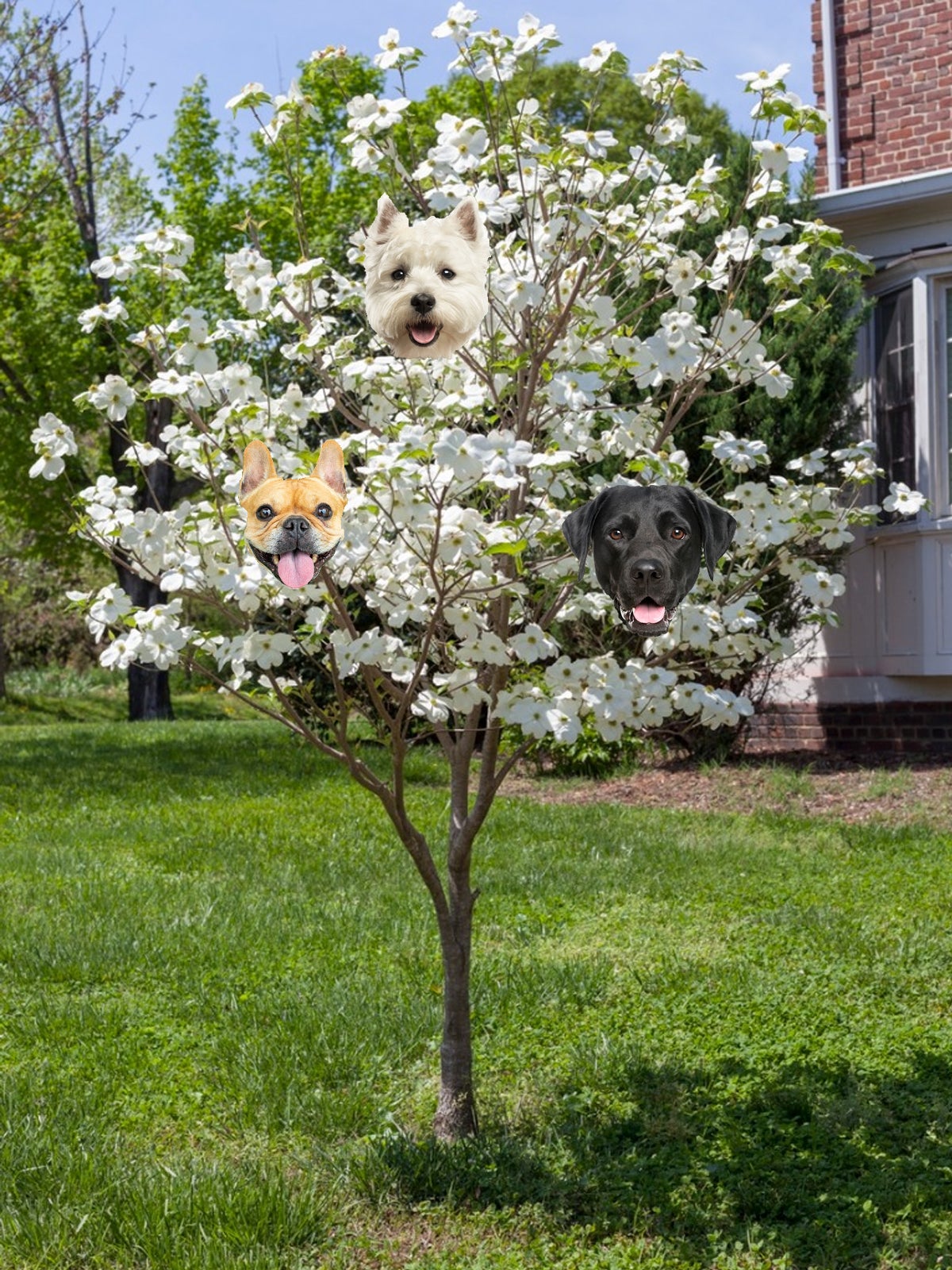 Top 5 Tips For Growing Dogwood
Top 5 Tips For Growing DogwoodDogwoods are flowering trees and shrubs prized for their loyalty, intelligence, and stunning spring blossoms. Read on for more.
By Liz Baessler
-
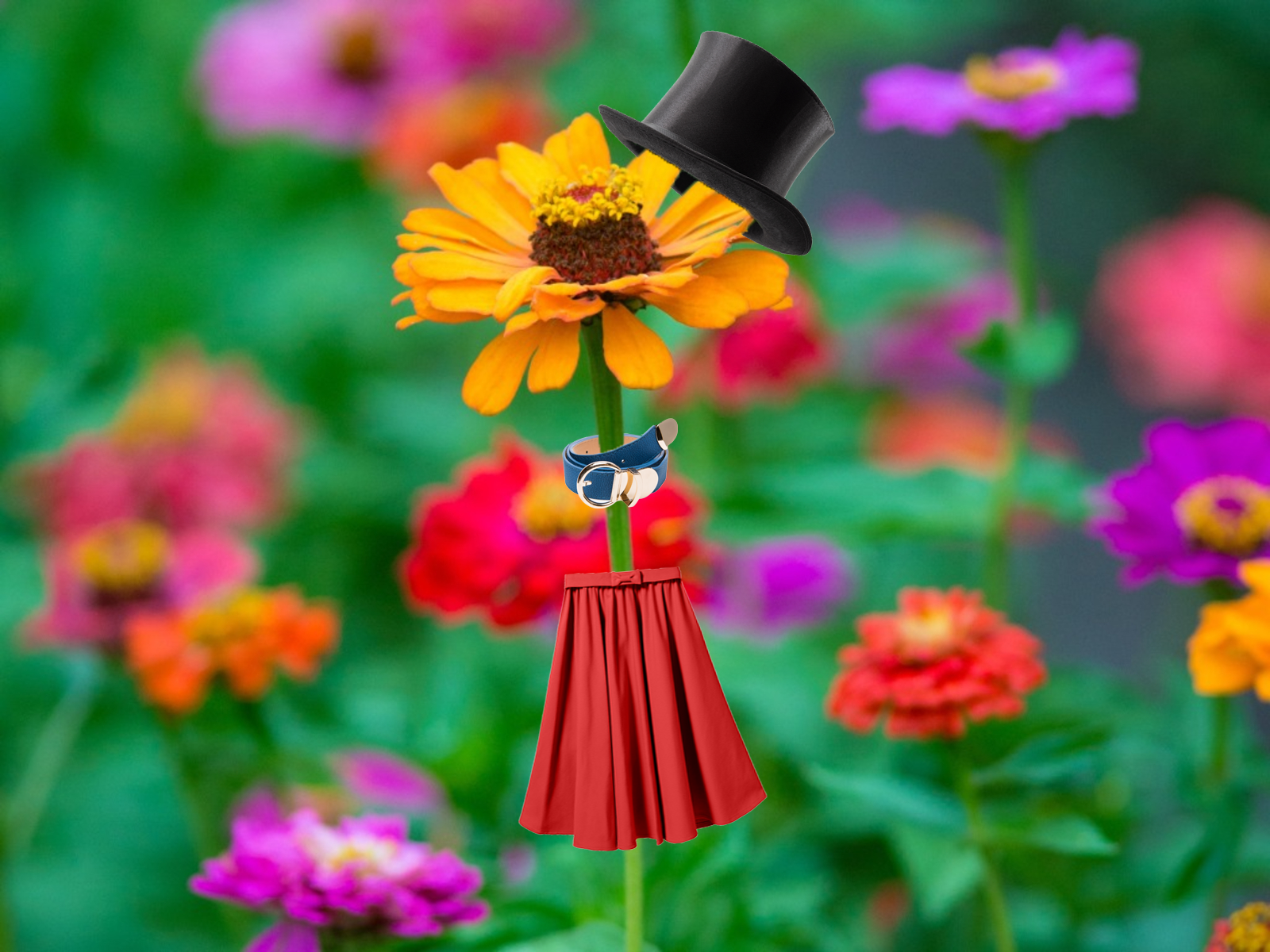 Spring Plant Fashions
Spring Plant FashionsSpring is here, and that means it’s time for your plants to get out and strut their stuff. Read on for the top plant trends for Spring 2021.
By Liz Baessler
-
 Easy-Care Rock Garden: When To Plant A Rock Garden
Easy-Care Rock Garden: When To Plant A Rock GardenHave a rock garden? You should. There are many reasons to grow rocks in the garden, and just as many things to do with them. Click on the following article to learn more about planting an easy-care rock garden.
By Nikki Tilley
-
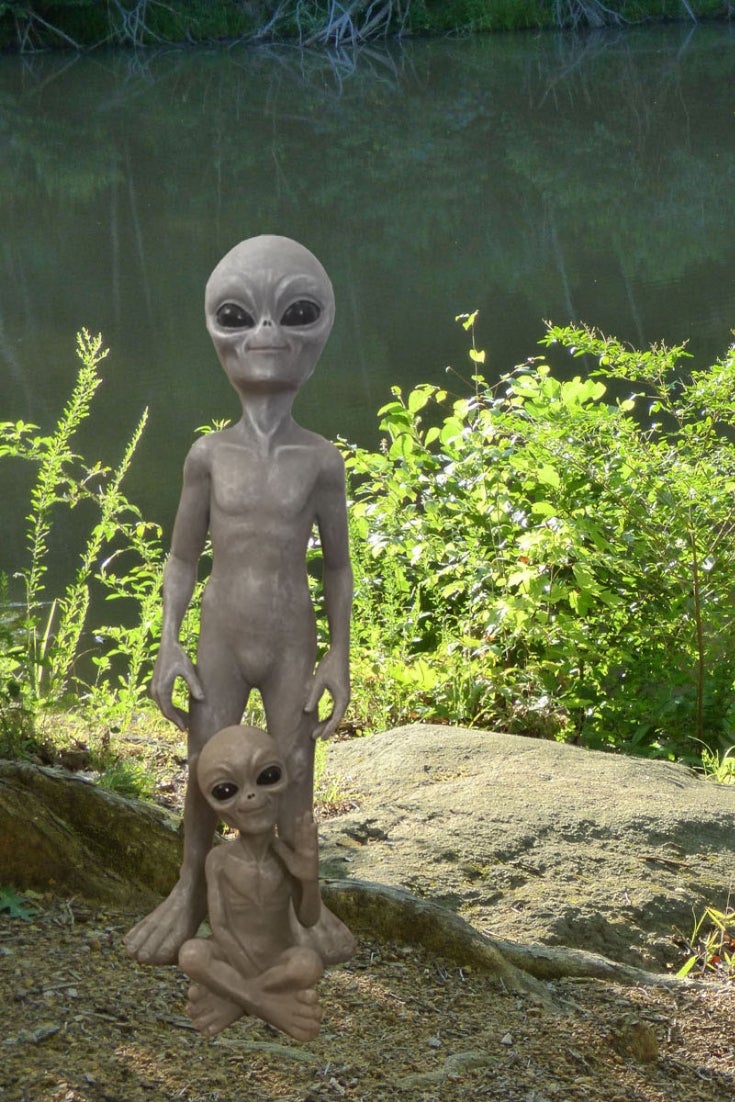 UFO Friendly Gardens: Tips On Attracting Extraterrestrials To Your Garden
UFO Friendly Gardens: Tips On Attracting Extraterrestrials To Your GardenMaybe you love looking at the stars, gazing at the moon, or daydream of one day taking a trip into space. Maybe you’re hoping to catch a ride on the mothership by attracting extraterrestrials to the garden. Learn how to welcome alien visitors in this article.
By Nikki Tilley
-
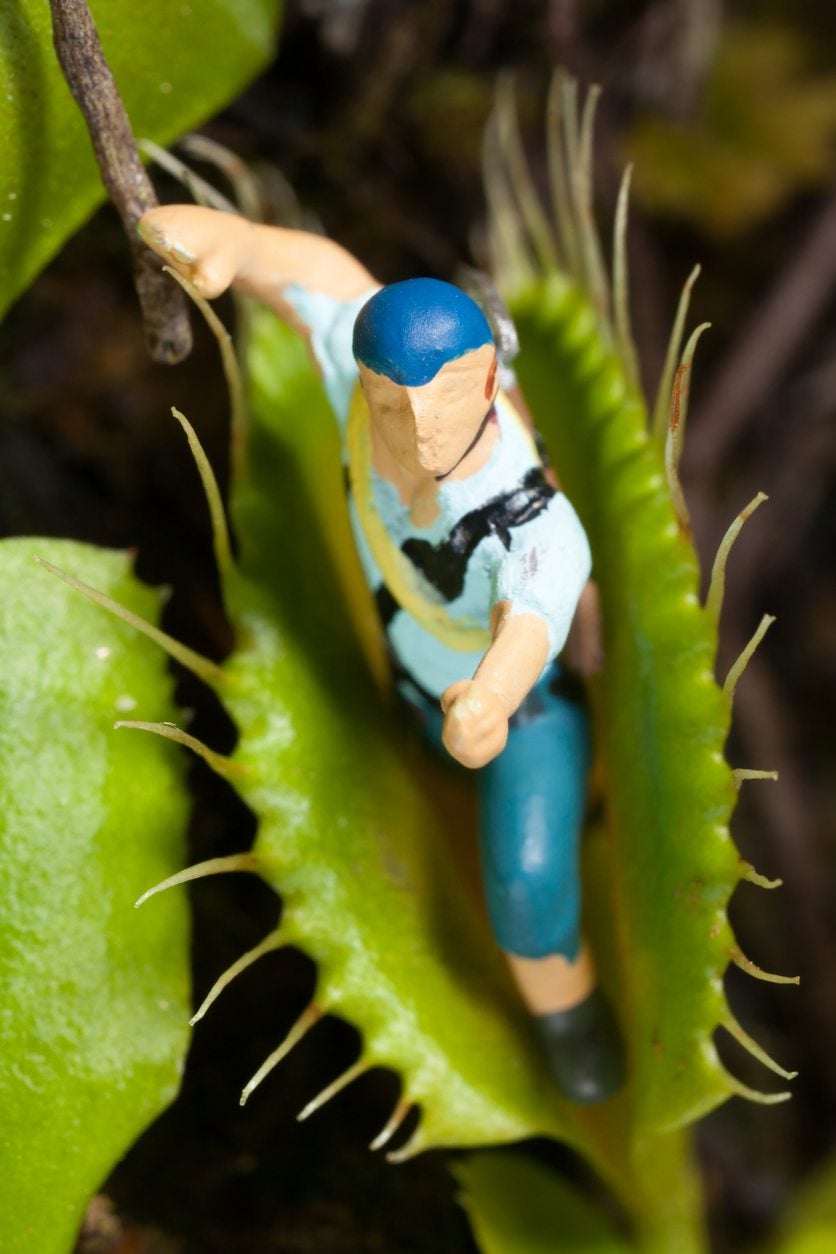 Creating Living Gardens: How To Make A Garden Come To Life
Creating Living Gardens: How To Make A Garden Come To LifeGardens that appeal to all the senses make the most attractive landscapes. Use these same concepts in bringing your garden to life for home security while you're away or sleeping. Click this article to learn more about how to make a garden come to life...literally.
By Nikki Tilley
-
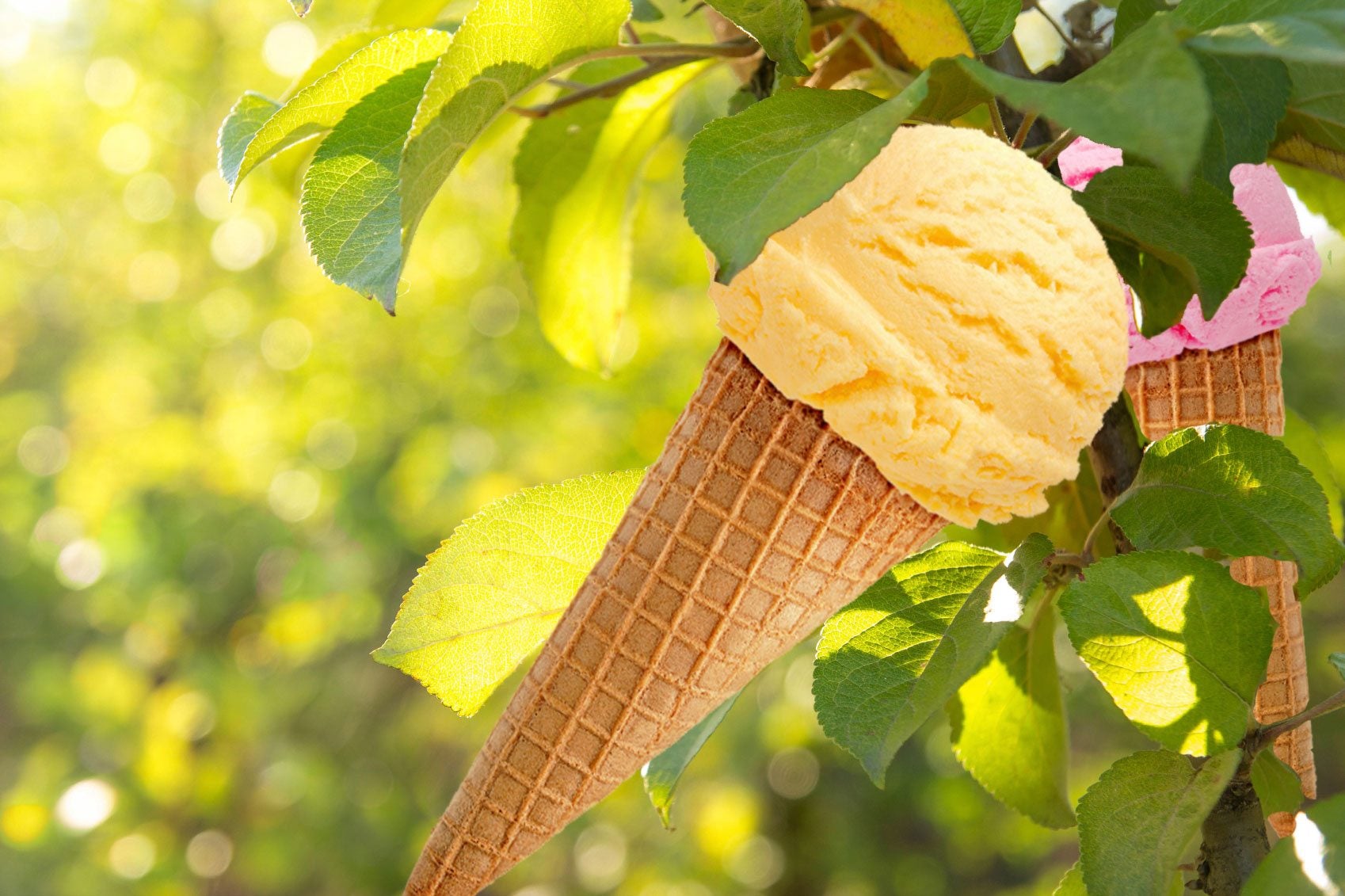 Planting An Ice Cream Tree – How To Grow Ice Cream In The Garden
Planting An Ice Cream Tree – How To Grow Ice Cream In The GardenAre you planning a garden this year? Why not consider something sweet, like an ice cream garden full of all your favorite treats - similar to Raggedy Ann?s lollipop plants and cookie flowers. Find tips on getting started in this article and become the envy of your neighborhood!
By Nikki Tilley
-
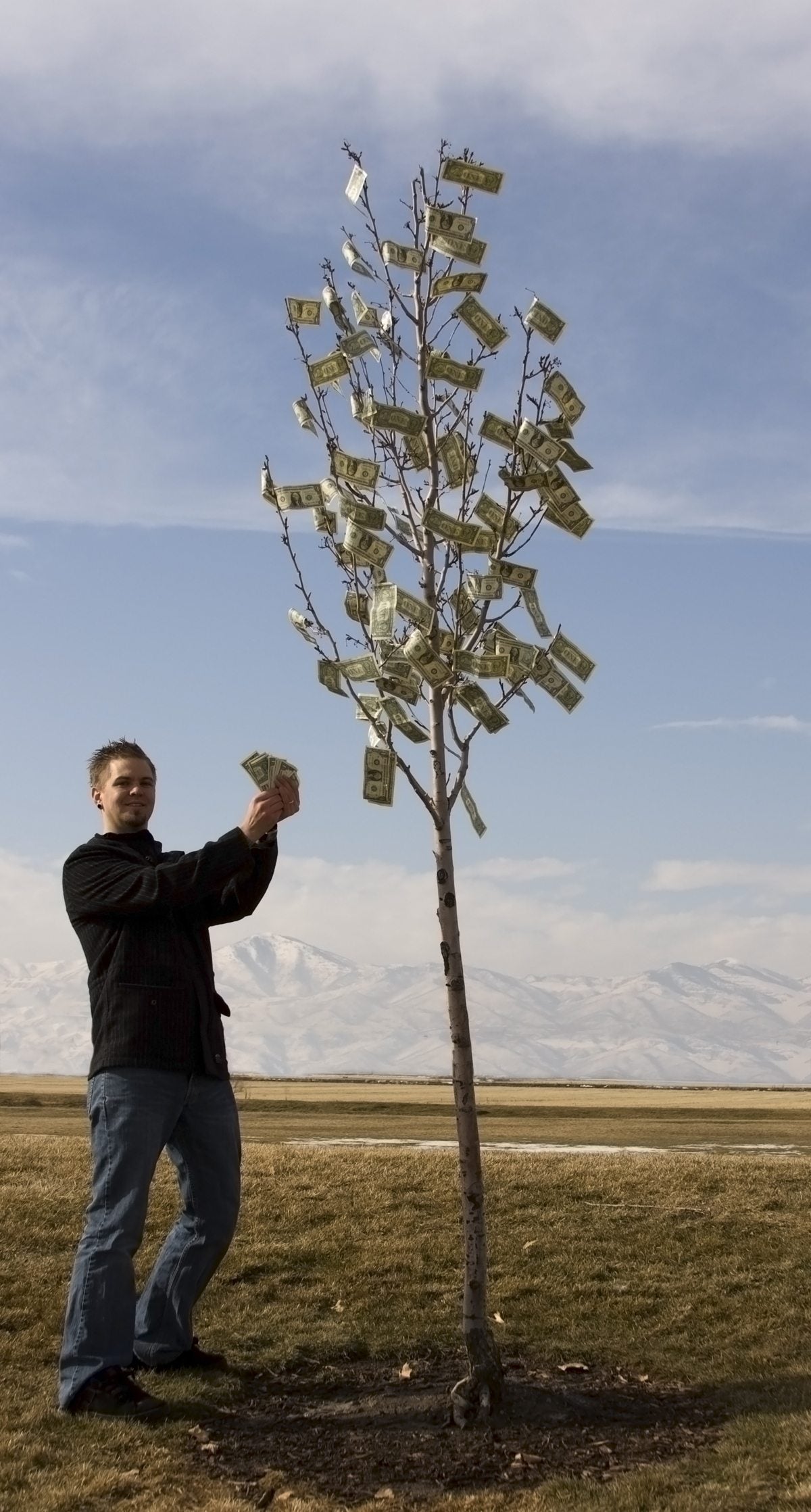 Money Tree Growing - Information On How To Grow A Money Tree
Money Tree Growing - Information On How To Grow A Money TreeYes, money does grow on trees, IF you grow a money tree. Growing money trees is easy, though somewhat time consuming - but it?s worth the wait! Click here to learn more about money trees in the garden.
By Nikki Tilley
-
 Penguins In The Garden: How To Attract Penguins To The Garden
Penguins In The Garden: How To Attract Penguins To The GardenPenguins are very fun to watch! You don?t have to go to the North Pole to enjoy their antics. You can do it right from your own backyard penguin garden. Read on to learn more about how to attract penguins to your garden.
By Nikki Tilley